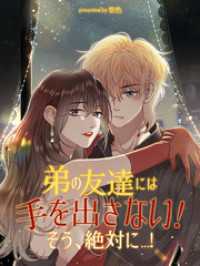- ホーム
- > 洋書
- > 英文書
- > Philosophy
Full Description
Martin Heidegger's Being and Time, published in 1927, is widely regarded as his most important work and it has had a profound influence on twentieth-century philosophy. This Critical Guide draws on recently translated and published primary sources as well as the latest developments in Heidegger scholarship to provide a series of in-depth studies of this influential text. Twelve newly-written essays examine the unity of Being and Time; the nature of human communication; truth as a catalyst of cultural transformation; feminist approaches to Being and Time; the essence of authenticity; curiosity as an epistemic vice; the nature of rationality; realism and idealism; the ontological difference; the origin of time; the possibility of death; and the failure of the Being and Time project. The volume will be particularly valuable to students and scholars interested in phenomenology, existentialism, hermeneutics, metaphysics, epistemology, feminism, and ethics.
Contents
Introduction: the circle of understanding Aaron James Wendland and Tobias Keiling; 1. Being and time as a whole Denis McManus; 2. The trouble with the ontological difference Katharine Withy; 3. Heidegger's evenhanded approach to realism and idealism David Cerbone; 4. Discourse as communicative expression Taylor Carman; 5. On curiosity as an epistemic vice Irene McMullin; 6. Rethinking being and time as a resource for feminist philosophy Charlotte Knowles; 7. Authenticity, truth, and cultural transformation Aaron James Wendland; 8. What does authenticity do in being and time? Sacha Golob; 9. Why ask why? Retrieving reason in being and time Steven Crowell; 10. Time's origin Daniel Dahlstrom; 11. The possibility of death Mark Wrathall; 12. Heidegger on the failure of being and time Tobias Keiling; Bibliography; Index.






